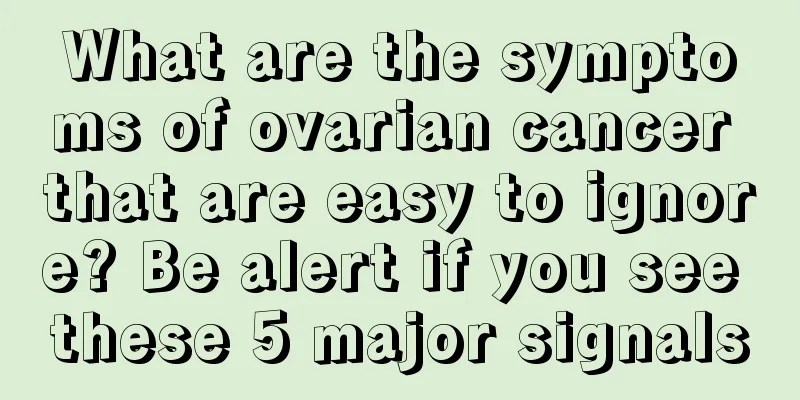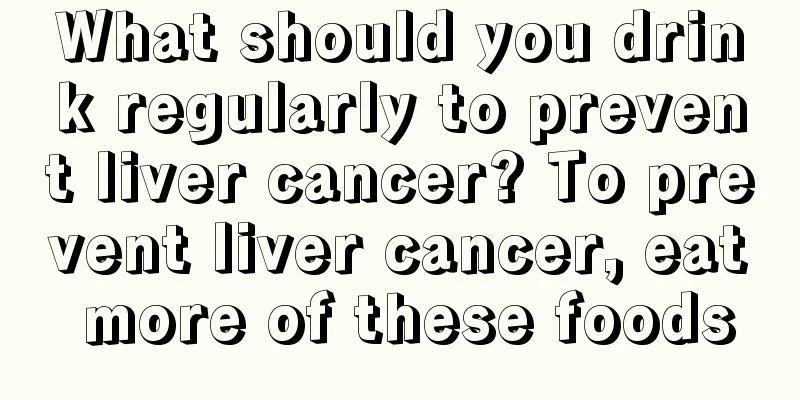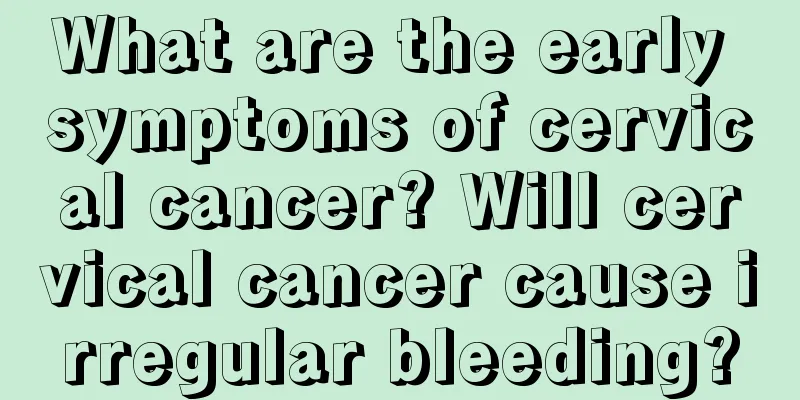What are the signs of heart failure

|
Heart failure is a very common disease that occurs frequently among the elderly. However, there are many clues that can be found when chronic heart failure occurs in daily life, especially in the elderly who already suffer from cardiovascular diseases. So what are the signs of heart failure? Where do they appear? Today we will learn about the signs of heart failure and take appropriate measures when necessary. Please read on with me. Five signs of heart failure to watch out for 1. Fatigue and weakness Fatigue is an early sign of heart failure. Many heart failure patients will experience symptoms such as general fatigue, shortness of breath and laziness in the early stages of the disease. Even walking a little faster or doing light work can cause shortness of breath, palpitations and chest tightness. 2. Cough, wheezing, chest tightness and pain at night Frequent dry coughs, chest tightness and shortness of breath are common symptoms in patients with heart failure. Especially when patients suddenly wake up at night due to chest tightness or pain, and are forced to sit up before the symptoms gradually ease, they need to pay more attention, as these are often symptoms of left heart failure. 3. Loss of appetite Right heart failure can lead to visceral congestion, causing symptoms such as loss of appetite, abdominal distension, nausea, and vomiting. In severe cases, abdominal pain and diarrhea may also occur. 4. Oliguria and edema Oliguria and edema are important signals of heart failure. Deterioration of heart function can lead to decreased urine volume and blood stasis. Heart failure patients often experience oliguria, edema in the feet or calves, and the symptoms worsen after fatigue. 5. Emotional or mental abnormalities This type of symptom is a major warning sign for heart failure in the elderly, and is often manifested as dizziness, insomnia, irritability, hallucinations, confusion, and even coma. What to eat for heart failure 1. Appropriately limit protein and calorie intake In heart failure, daily protein intake can be controlled at 25 to 30 grams and heat energy at 600 kcal. After 2 to 3 days, the protein intake can be increased to 40 to 50 grams, and the heat energy can be increased to 1000 to 1500 kcal. After the condition improves, gradually increase protein and heat energy, but not too high to avoid increasing the burden on the heart. 2. Eat small, frequent meals Patients with heart disease should not eat too much. The total daily energy should be consumed in 4 to 5 times to reduce excessive gastrointestinal fullness and diaphragm elevation after meals, and avoid increased cardiac workload. Dinner should be eaten early and should be light. Do not eat or drink much other food or water after dinner. 3. Eat foods that are easy to digest Heart disease patients have decreased blood circulation, gastrointestinal congestion and edema, which affect the digestion and absorption of food. Therefore, the food consumed should be easily digestible. You can start with liquid or semi-liquid diet, and then switch to soft rice. 4. Adequate vitamins and appropriate amounts of inorganic salts, such as vitamin B1 and vitamin C, should be provided to protect the myocardium. Supply appropriate amount of calcium to maintain normal myocardial activity. Potassium has a protective effect on the heart, and its deficiency can cause arrhythmia. When using diuretics, in addition to potassium supplementation, you should also pay attention to the supply of magnesium and zinc. 5. Limit sodium intake This is a more appropriate approach to controlling heart failure. In order to reduce edema, salt intake should be limited to about 3 grams per day. The above is what I introduced to you today about the signs of heart failure and the eating habits you should pay attention to in your daily life. I would like to ask the families of patients with cardiovascular diseases to help the patients pay close attention to changes in their bodies, because only by detecting changes in the body early can they better control heart failure. |
>>: Several types of heart failure
Recommend
The difference between peach egg and peach beauty
Nowadays, many students plant some succulents at ...
What's the matter with white blood cells in urine routine test
What does it mean when white blood cells are foun...
Does it hurt to apply iodine to the wound?
Povidone-iodine has a very good bactericidal effe...
Why is my back sweating all the time?
Sweating on the back is a very common phenomenon,...
Poor sleep may increase the risk of prostate cancer. Four factors that induce prostate cancer
After the onset of prostate cancer, there are man...
My arm got red and swollen after the vaccination
Children have very poor resistance, therefore, in...
Will hysterectomy affect the couple's life? Does hysterectomy affect women's endocrine system?
For female friends, gynecological diseases are of...
The difference between moxa sticks and moxa wool
Moxa sticks and moxa wool are two different thing...
How to remove acne on the face
It seems like acne on your face will never go awa...
What can a normal blood test rule out?
I believe everyone is familiar with routine blood...
What are the symptoms of lung cancer? The most common symptoms of lung cancer
Expert introduction: The symptoms of lung cancer ...
What are the dangers of thyroid nodules? Are they serious?
The thyroid gland is an important gland in our bo...
What causes frequent nosebleeds
Nosebleed can be said to be a symptom, and many d...
What are the risk factors for bladder cancer? Get rid of these 4 common factors.
Factors that induce bladder cancer include smokin...
Pick up the bacteria on the underwear
Underwear is the most personal clothing, so it is...









